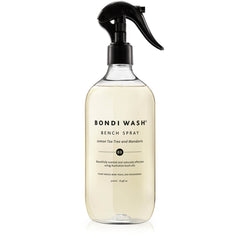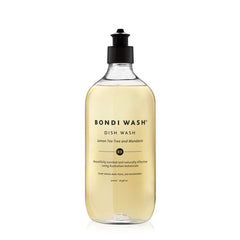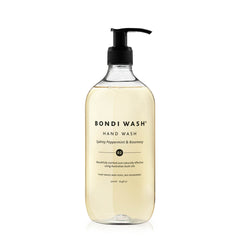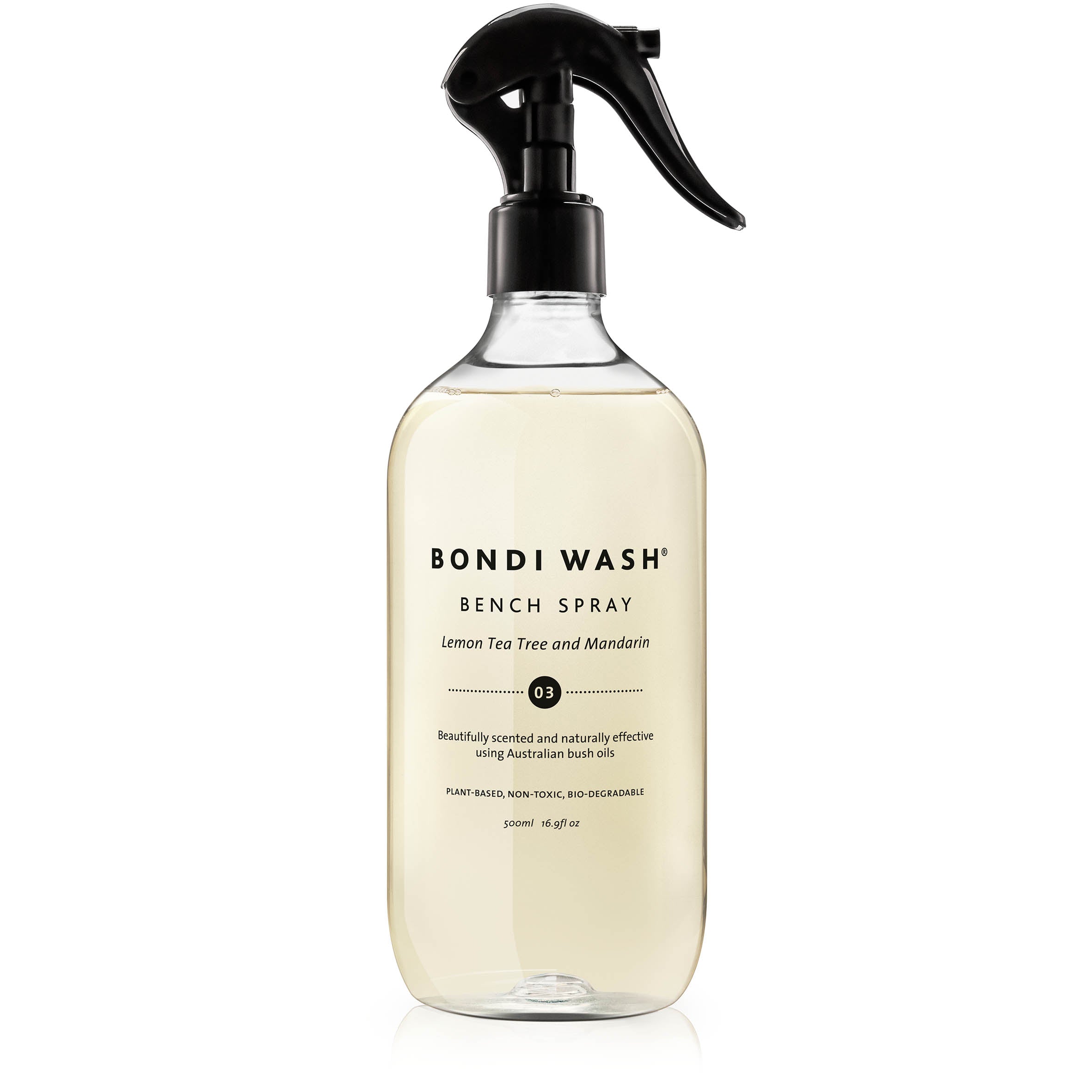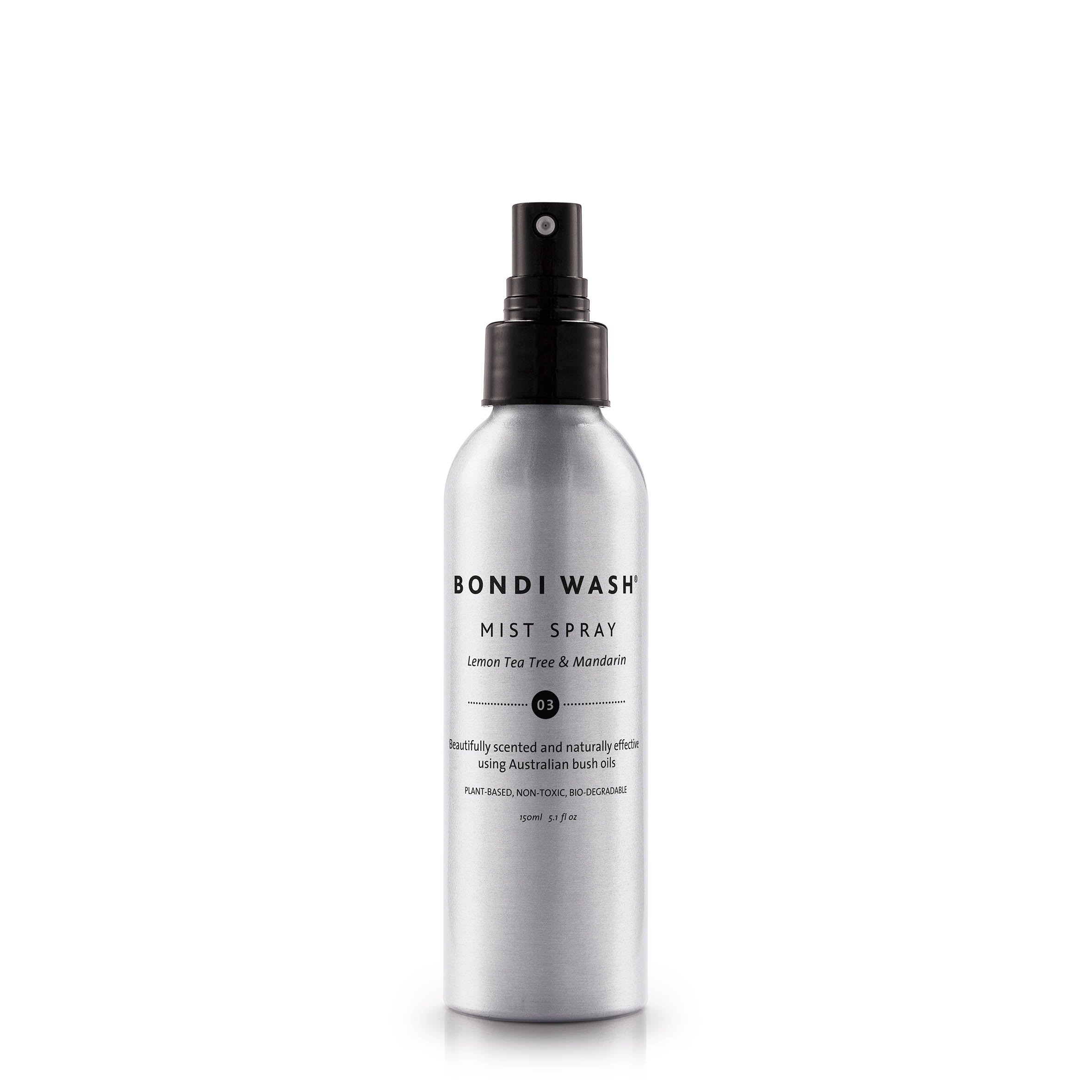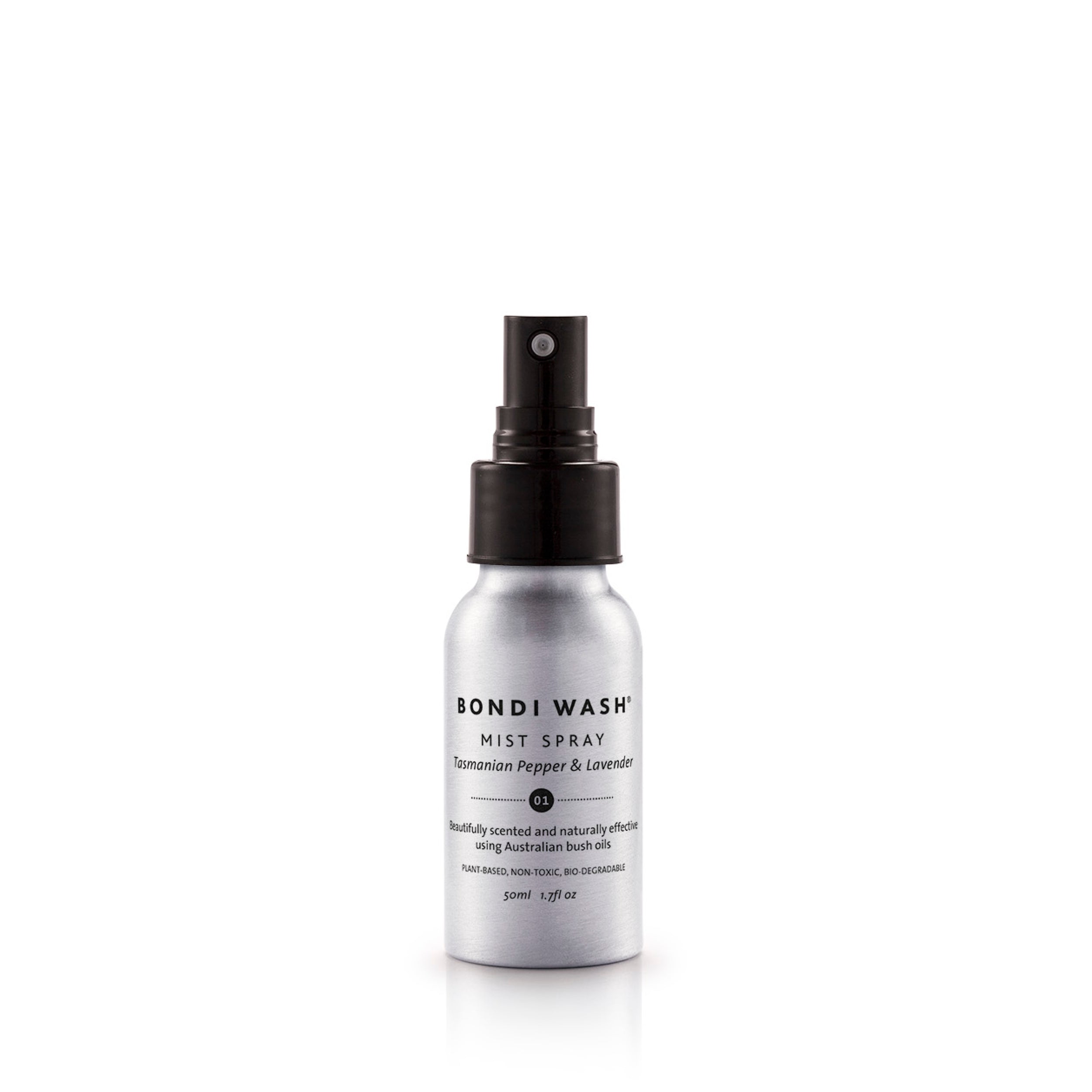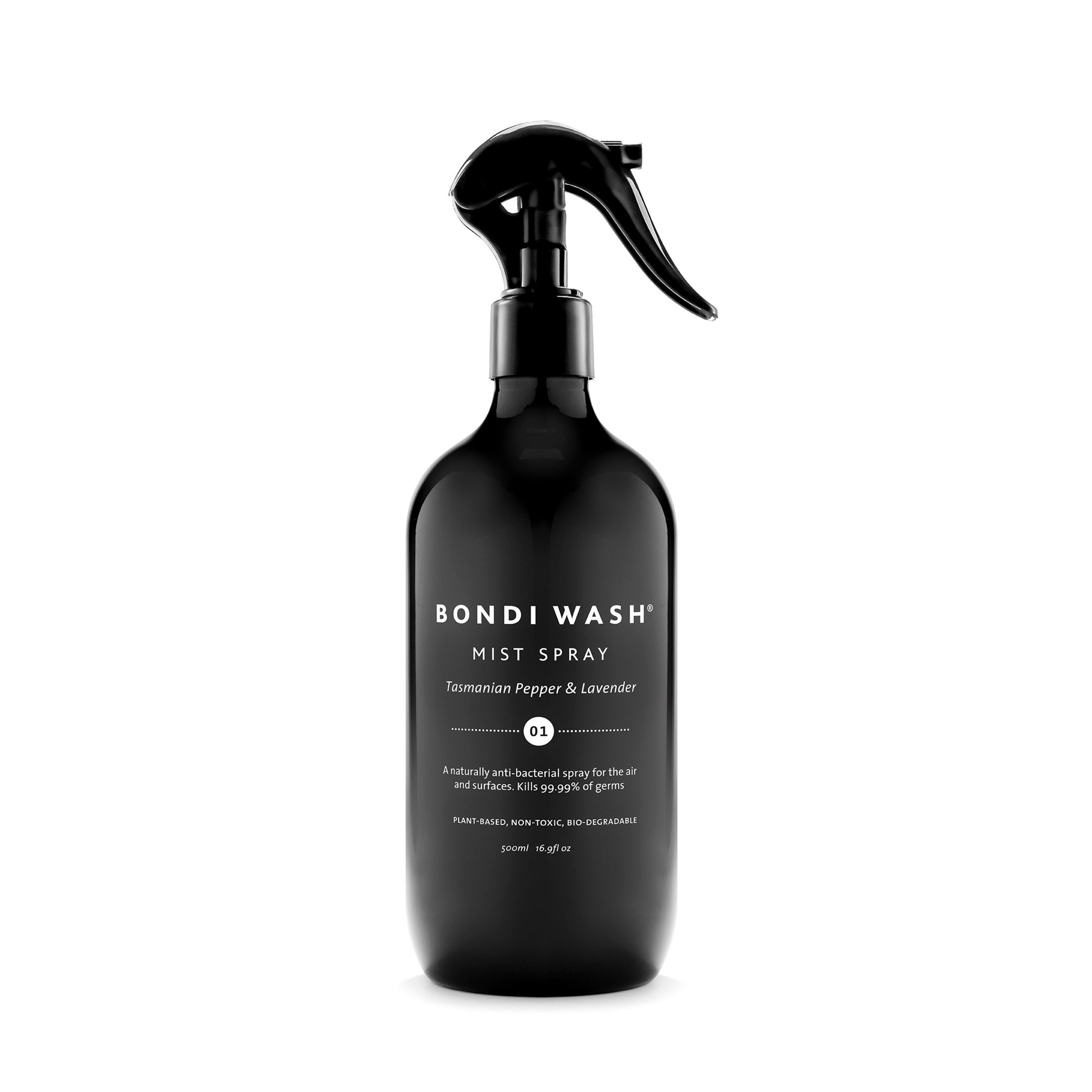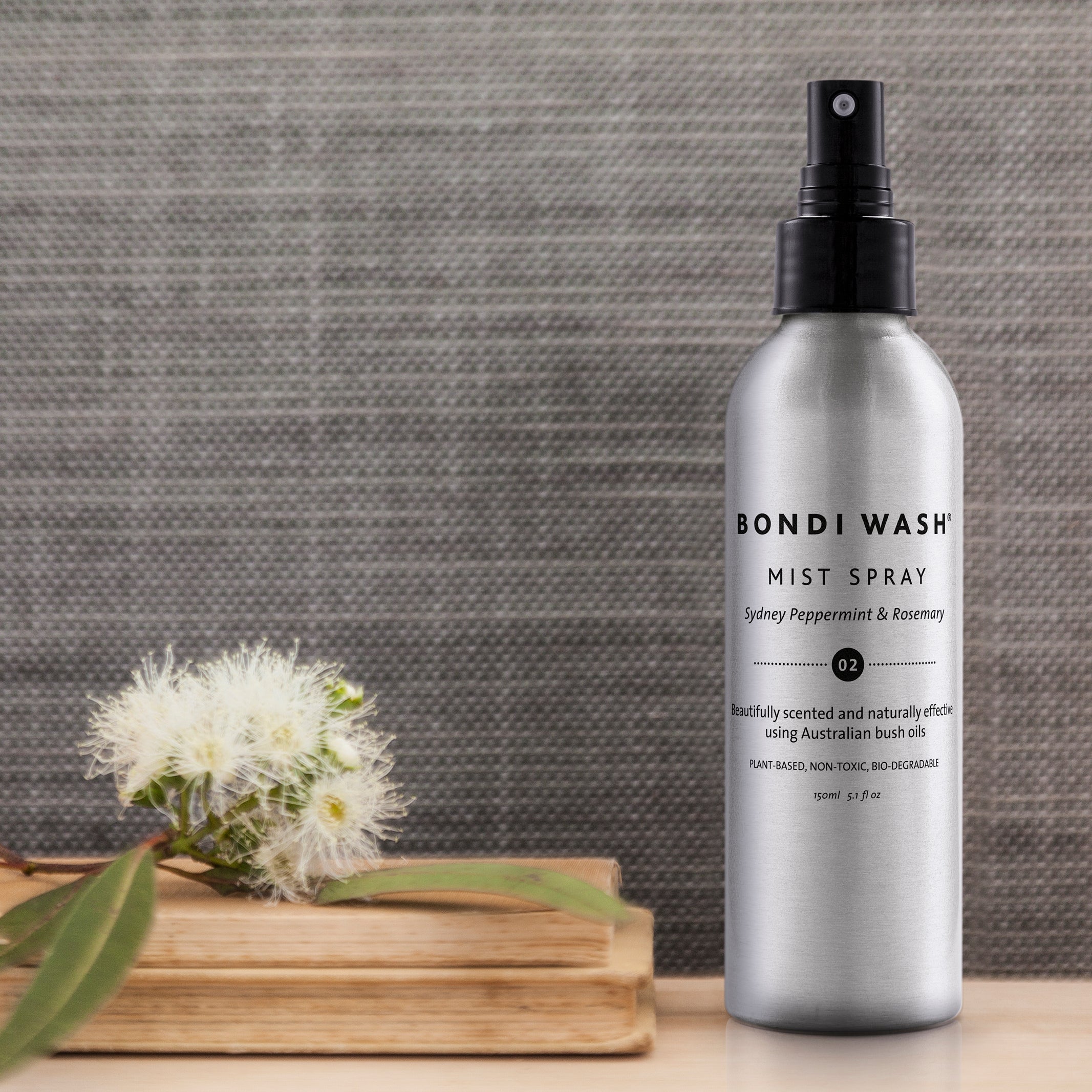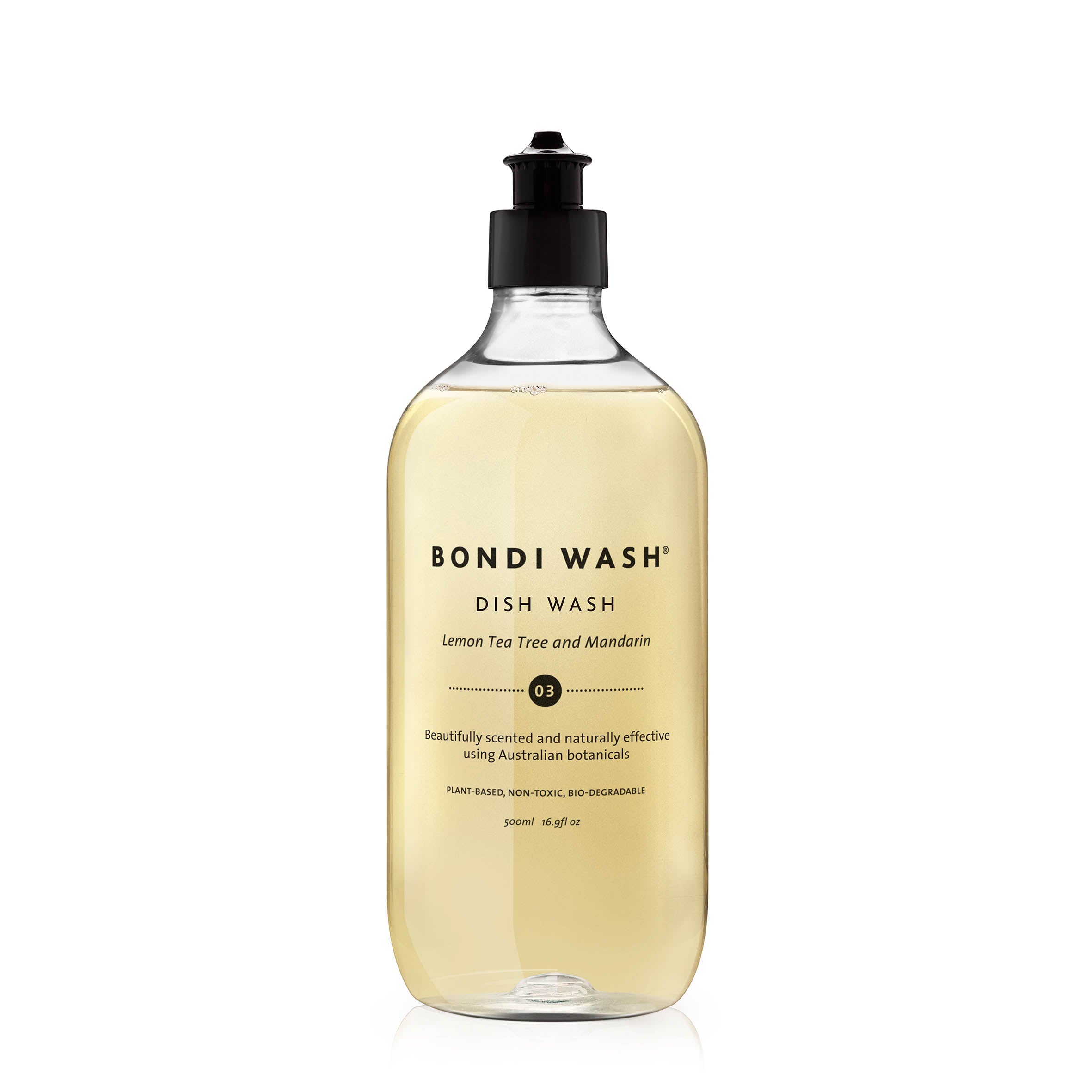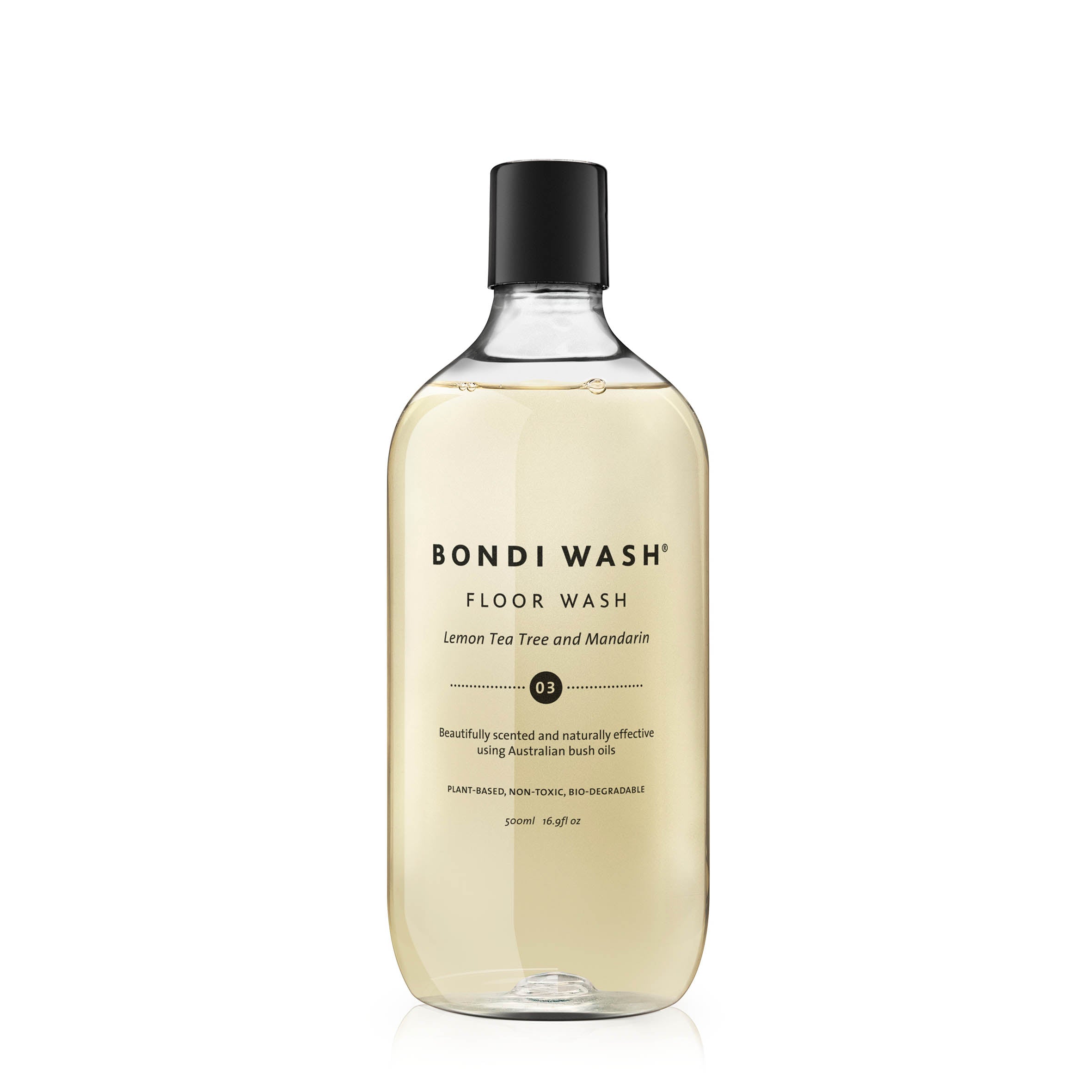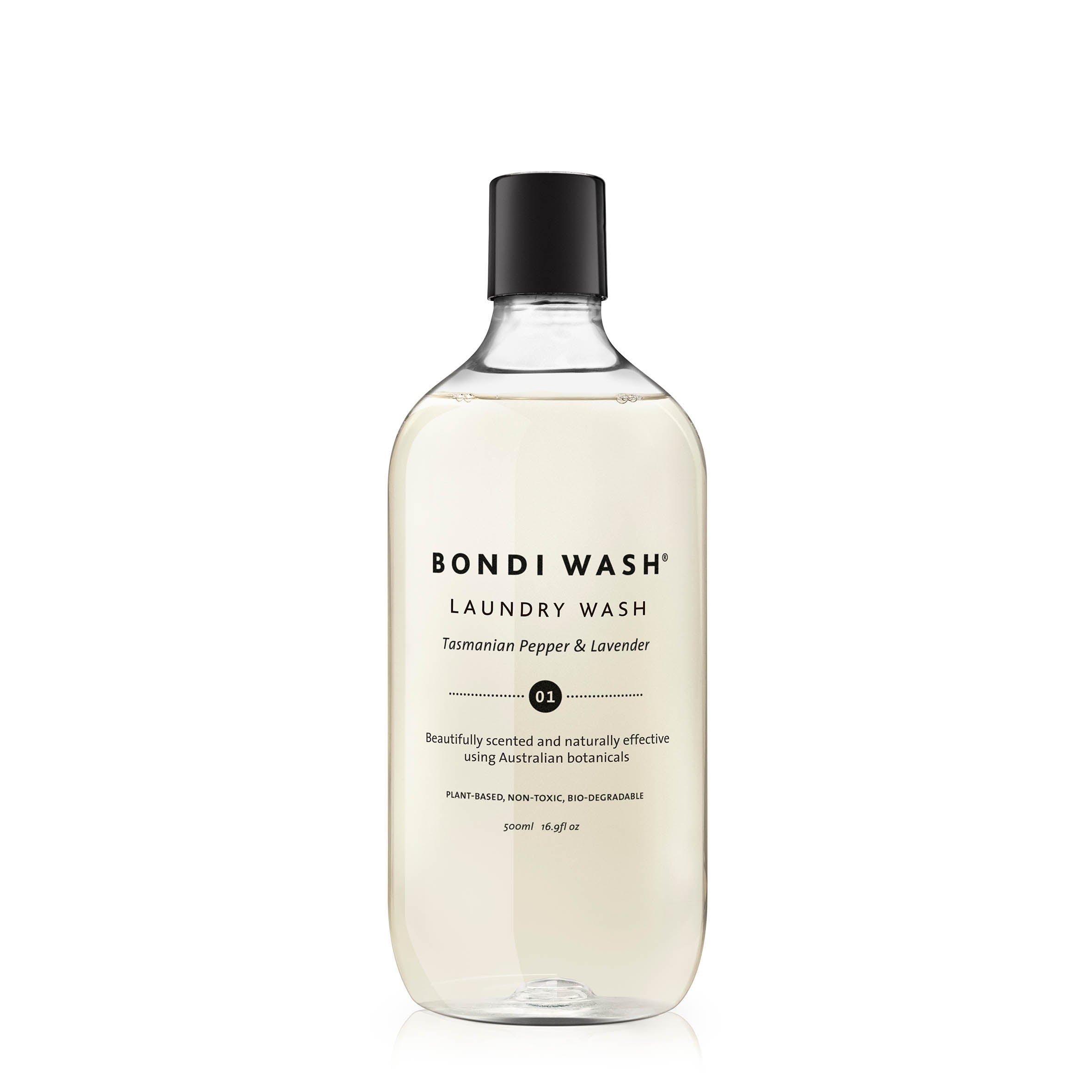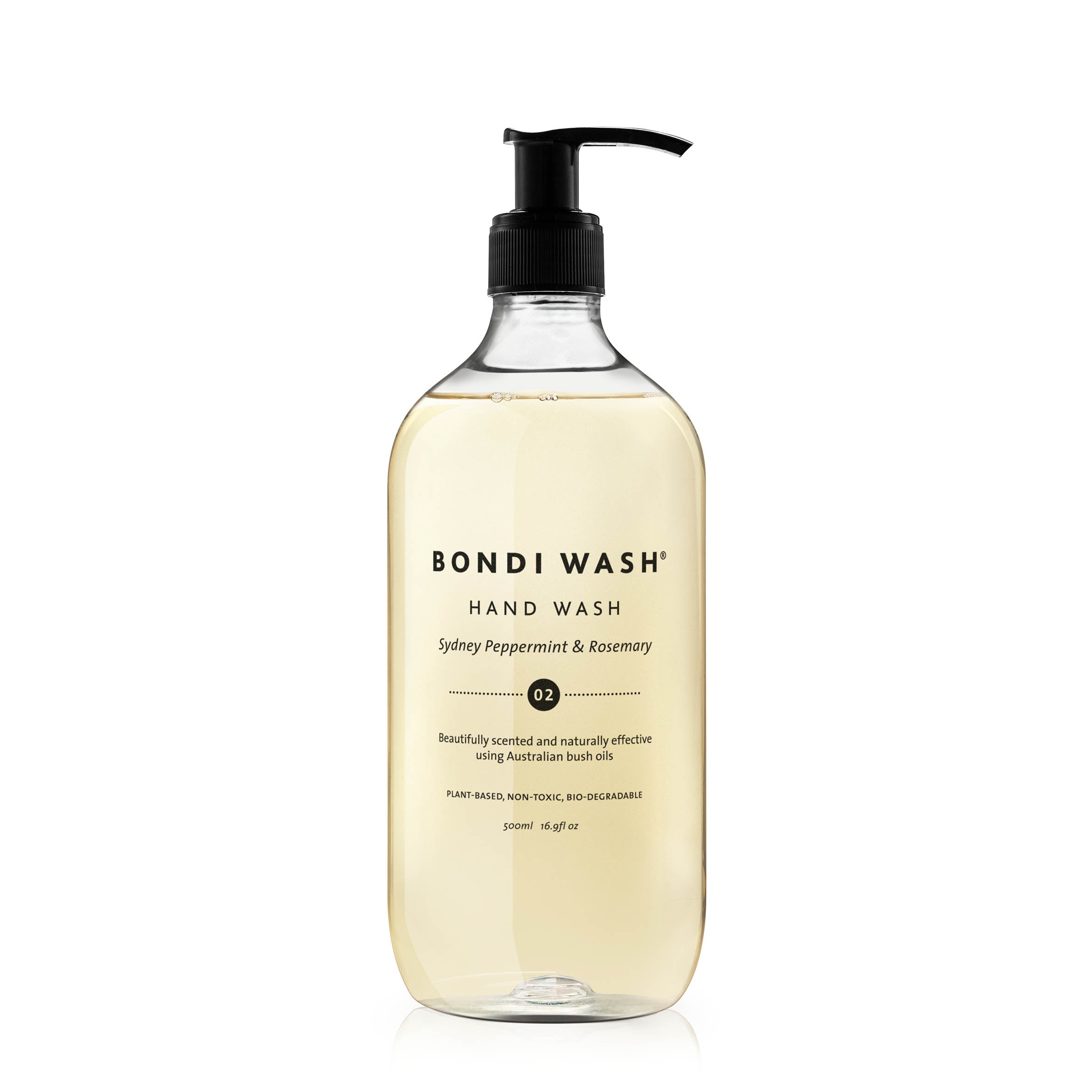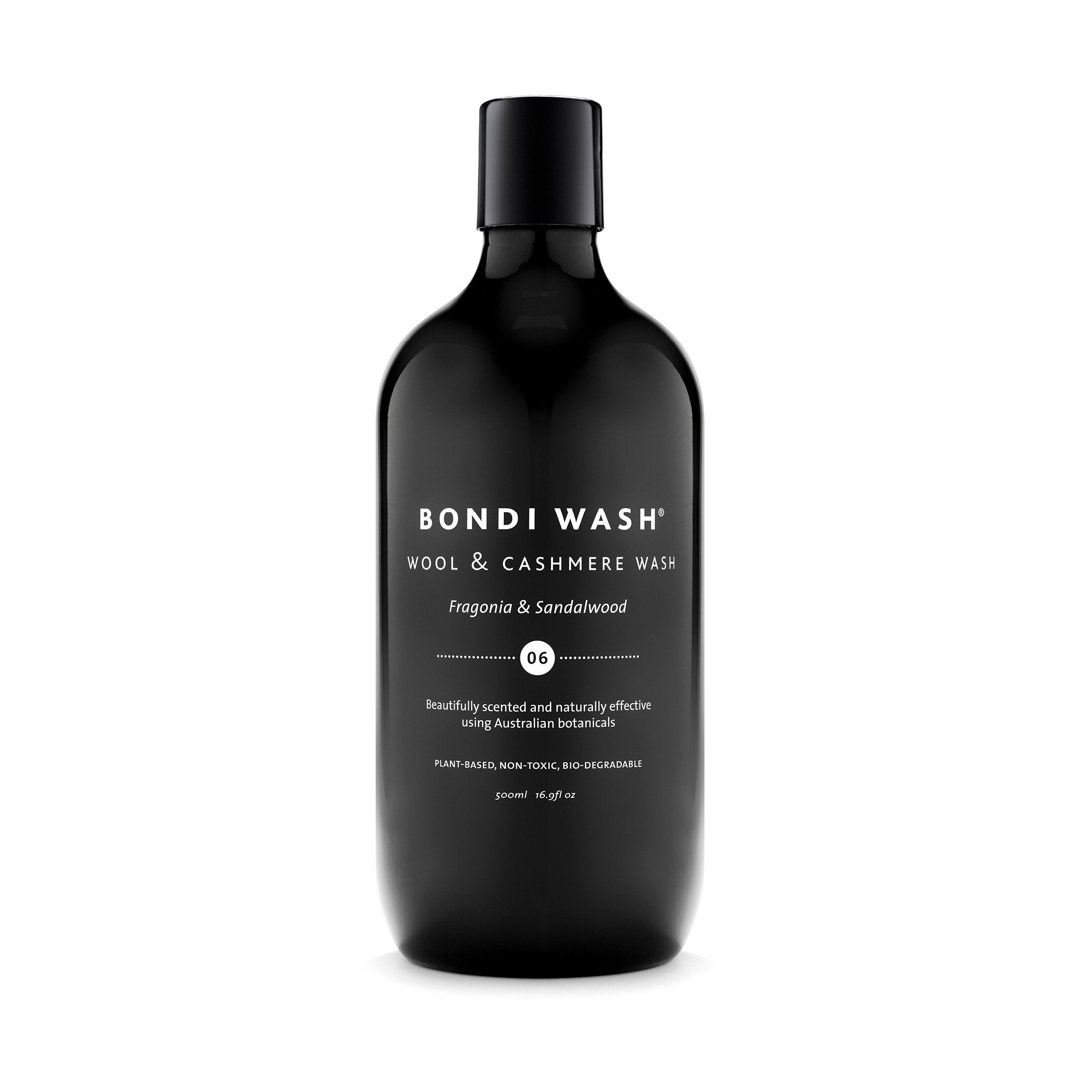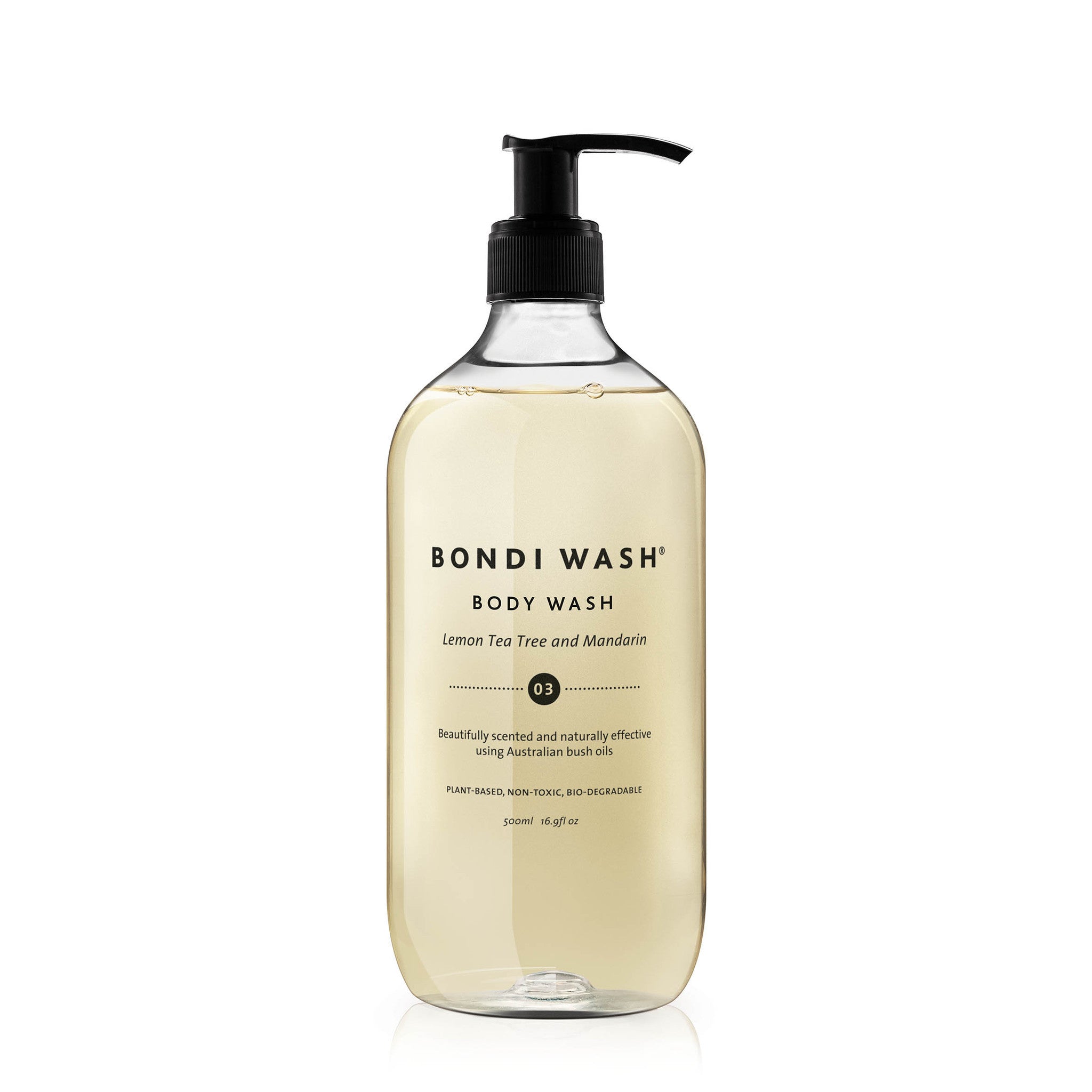AmaElla is a UK brand that designs beautiful luxurious lingerie made with organic cotton: Julie Kervadec along with her best friend Lara Miller are the creative mind behind the brand. AmaElla is not simply about sourcing the best materials and organic cotton. They work only with ethical fashion manufacturers ensuring the products have been made by women who are paid a living wage and whose working conditions are closely monitored to ensure they are treated fairly and respectfully. We had the chance to meet Julie and ask her few questions about how it all started.
How did AmaElla come to life?
It all began when Lara and I were seeking cotton lingerie that was flattering. We were deeply frustrated by the lack of options, even more when it comes to ORGANIC cotton - the best material ever for the skin. All dermatologists recommend cotton for underwear as it is a natural fibre, breathable and fresh. Besides “organic” certification ensures that no fertilisers, pesticides, nor any toxic chemicals have been used during the process. So why was it so difficult to find something as pretty and elegant as the existing synthetic lingerie but made from organic cotton instead of petrol derivatives?! We had to create our own!
Additionally, we did not see ourselves dedicating our energy and skills to a corporate world that did not resonate with our personal values. We decided to create AmaElla to respond to a growing demand for more sustainable and ethical products. Our ultimate goal is to encourage ethical shopping behaviour. Consumer vote with their wallets and they have the right to be better informed and to have a variety of choices, including more ethical products.
Why did you call the brand ‘AmaElla’?
We were looking for a brand name, which would reflect our ethos and mission. The name of AmaElla comes from a play of words in Spanish that means She Loves or Love Her by twisting the words Ella Ama, Amala a Ella. For us nature is feminine, therefore our name has a double meaning about loving women and loving nature. (Our team is quite international, Lara is Spanish, I’m French and we are both based in the UK!)
Could you tell us more about your professional background and how it helped to start your new business?
After more than six year as a buyer in the fashion industry, I couldn’t stand anymore the practices of the sector. Impossible lead-times and margin rates to achieve, sometimes with suppliers I couldn’t visit. Something didn’t feel right to me, especially in the last company I worked for which was all about fast-fashion clichés: bad quality, terrible fitting, new products to be launched every week, suppliers crying on the phone to be paid. It felt so wrong that I literally became sick of it. Working against my values was not possible anymore and I wanted to make a positive contribution to this planet and society.

Lara was working in marketing for consumer goods and e-commerce. She initially came to Cambridge to study for an MBA, with the project of launching her own business in mind. She has always had a strong conscious about sustainability and about making her own contribution to society. She was volunteering for conservation and recycling projects, and of course she was also very concerned by the environmental and social impact disaster of fashion.

Why is so important to use organic materials avoiding any chemicals even with clothes?
The skin is our main organ, and it is very absorbent. Depending on your skin thickness and on the contact area, skin can absorb from 60% until 100% of what you put on it. That’s why it becomes very problematic when endocrine-disrupting chemicals (EDCs), carcinogens, or allergens are used in beauty care products but also in clothing dyeing or printing! Certified Organic materials guarantee that no toxic chemicals were used in the whole manufacturing process. Moreover, only natural fibres can be organic and they have better properties for the skin.The use of synthetic fibers for garments manufacturing in underwear became widely popular since the discovery of the Lycra® in the middle of the 20th century. These man made fibers have good properties in terms of stretchiness and shape. But they are treated with harmful chemicals for both the environment and the human being. For example, polyester is made from esters of dihydric alcohol and terpthalic acid, rayon is made from wood pulp treated with caustic soda and sulphuric acid, and acrylic fabrics are made from polycrylonitriles that can be carcinogen (EPA).
Another great disadvantage of synthetic fibres is that when used in women underwear, they hold moisture close to the skin increasing the probabilities of developing yeast infection or thrush. In fact, we were shocked to learn that more than 75% of women experience at least one yeast infection at some point in their lives and about 1 in 20 women have recurrent thrush (source NHS, UK).

Can you share with us some of the natural choices you make in your life - to reduce your footprint and care for the planet?
First, I would say that I’ve made a radical change by leaving my Parisian lifestyle and coming to Cambridge in the UK. I exchanged my long hours in my car, stuck in Paris traffic, for long hours on my bike! I’d lie if I say that I don’t regret my car when it’s raining… but I’m very happy with this new lifestyle which is better for the planet and for my health. I’m not (yet) vegetarian, but I try to replace meat as much as I can and to find other alternatives for proteins. And of course I’m very concerned by the plastic pollution, so I try to adopt more and more good small habits in my daily life, for example avoiding products with multi plastic packaging layers, no straw in my drinks, recycling or upcycling what I can!
Do you have with any strong scent-based memories (e.g. your grandmother’s jasmine)?
I love fresh and floral scents, probably inspired by my mother’s perfumes and also by her beautiful garden always full of fragrant roses and lilac! I have also strong lavender scent memories from my childhood holidays in the south of France, which make me feel good.

Do you have any beauty rituals or secrets you can share?
I’ve always had a very sensitive skin. Even being now in my thirties, I still struggle to find the ideal beauty ritual. I try to avoid make-up as much as I can, in order to let my skin breathing and I focus on a lot of moisturising and hydration. As I’m starting to get concerned by my wrinkles, I put more solar protection than before and I just discovered the “facial yoga” techniques! I’m not sure yet of the benefits – let me come back to you in a few months :) - but it doesn’t make any harm trying.
https://www.instagram.com/amaella_lingerie/

